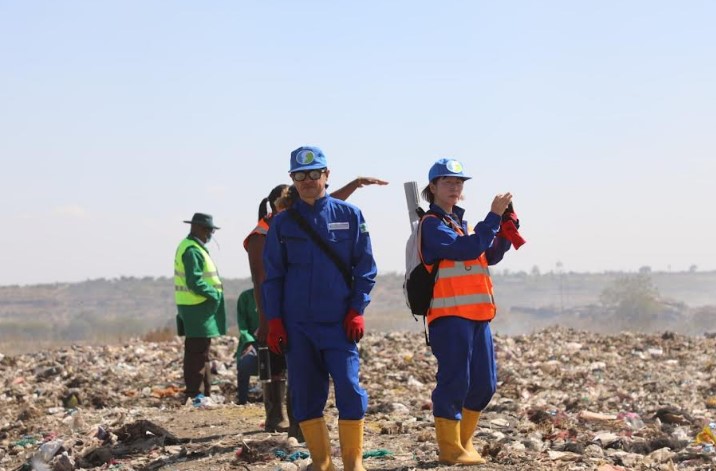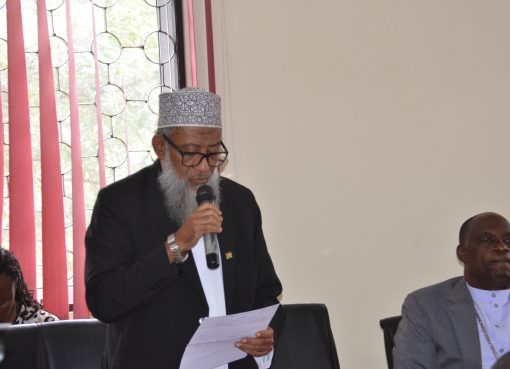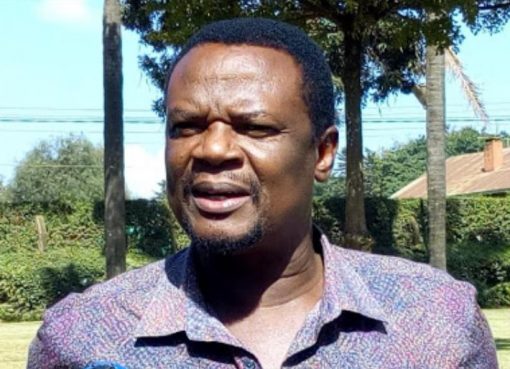Kiambu County’s Department of Water, Environment, Natural Resources, Energy, and Climate Change is currently hosting a co-site training programme focused on landfill management and operations that has drawn over 19 participants from various African nations.

The UN-Habitat-led training programme, running from February 25 to March 1, focuses on the Fukuoka method, a Japanese semi-aerobic landfill management technique presently being implemented at the Kang’oki landfill site.
During his opening address at the county headquarters, CECM David Kuria underscored the county’s dedication to environmental sustainability and knowledge exchange.
He emphasized the critical role of the training in enhancing both technical and practical expertise among the participants.
“Kiambu County is committed to sustainable waste management solutions that ensure a cleaner and healthier environment for our residents. Through strategic partnerships like the Africa Clean Cities Platform (AACP), we continue to advance innovative practices that will shape the future of landfill management,” he said.
The Fukuoka method, a highly regarded waste disposal technique widely adopted in Japan, was previously implemented in 2015 at the Kang’oki landfill in Thika under former Governor William Kabogo.
The semi-aerobic technique offers a cost-effective and environmentally conscious approach to solid waste management by introducing air to the landfill’s base, which significantly aids in waste decomposition.
The process not only accelerates the breakdown of waste but also plays a crucial role in reducing methane gas emissions, a technique that is both sustainable and efficient for modern landfill operations.
Among the advantages of the Fukuoka method are its simplicity in construction, cost-effectiveness, increased waste decomposition rates, reduction in methane emissions, and the use of common readily available materials and equipment, making it applicable in Kiambu and the country at large.
“The Fukuoka technique emphasises minimal human intervention, allowing natural ecosystems to drive land restoration, an approach that prioritises ecological balance, enabling the land to naturally regenerate and yield more resilient trees, healthier soil, and increased plant diversity. By harnessing the power of natural processes, the technique fosters sustainable and long-term environmental recovery.”
The insights gained at the training will be presented at the 4th ACCP assembly slated for August this year in Yokohama, Japan, that will contribute to the shaping of universal waste management policies for the next three years.
By Hellen Lunalo





